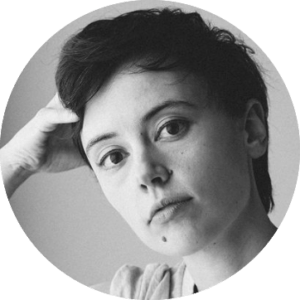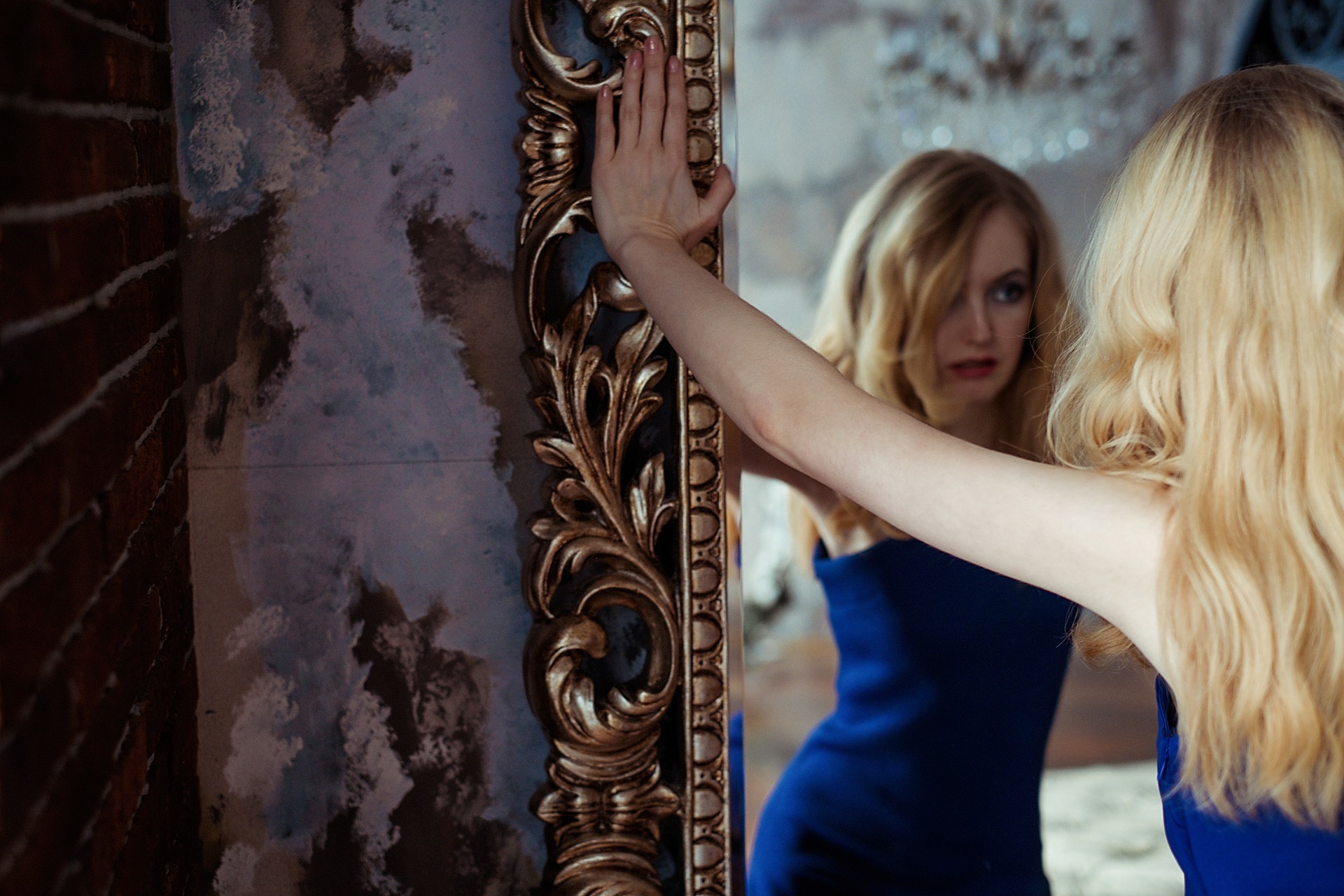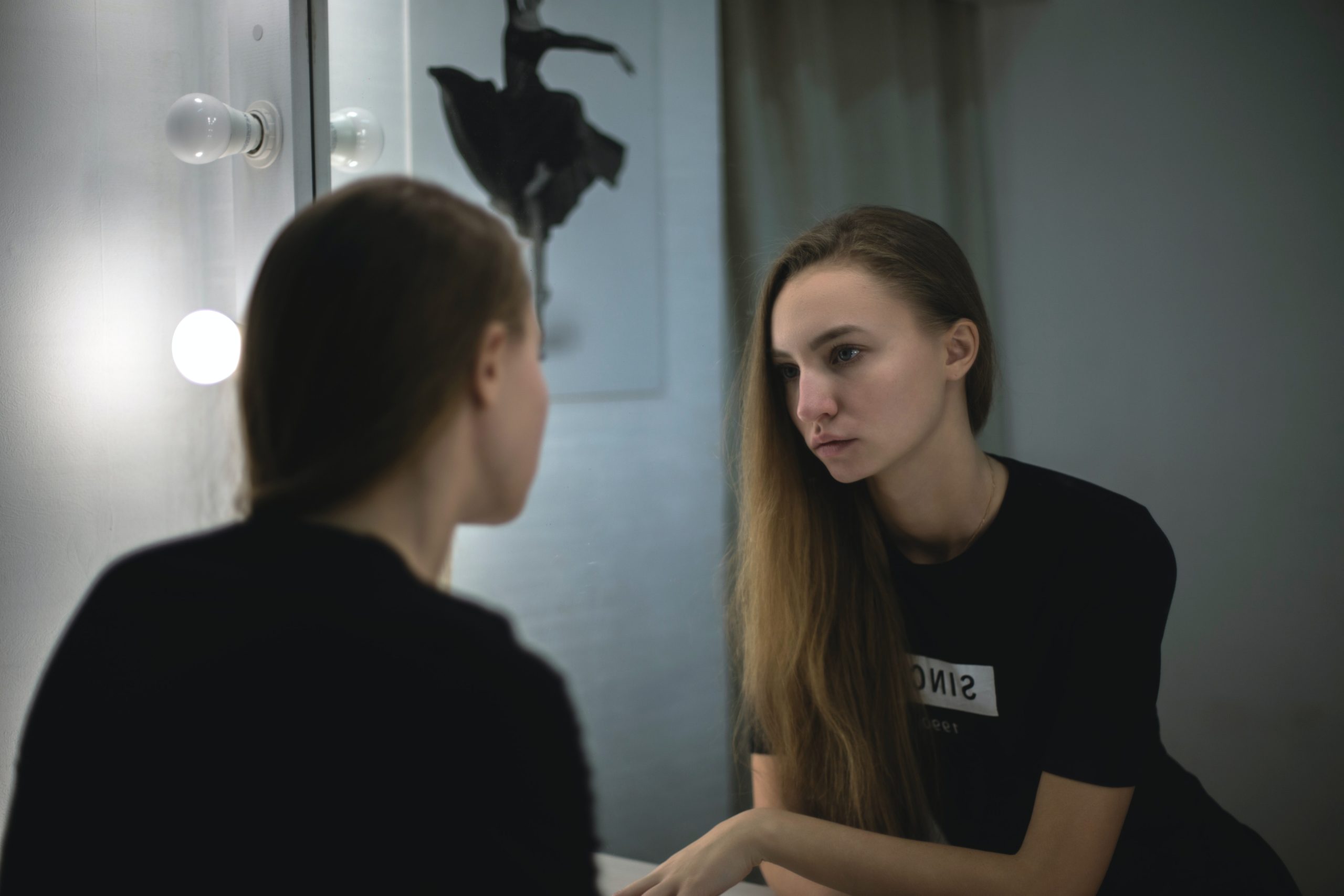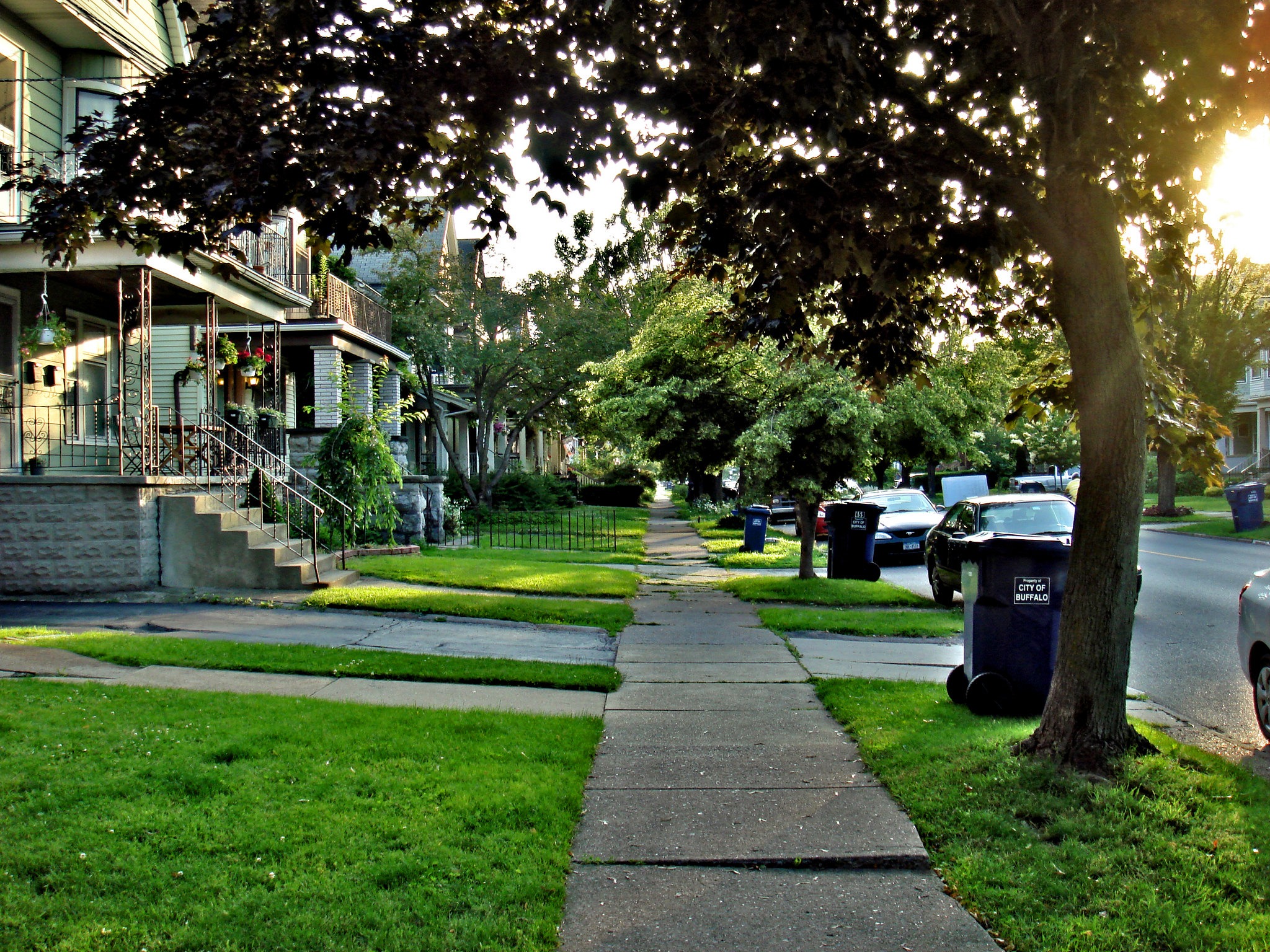Nowhere to Run

By Erin McIntosh
Staff Writer
5/6/2020

In the beginning, there was loss.
We’d made our beds, as the saying goes, and now we had to lie in them. Already we resented our partners. Already we craved validation. Already we rationalized our habits, complained and yearned. Nothing was new about our lives other than our undivided attention to them. Only now, old coping mechanisms were either no longer available, or they no longer cut it. The release of socializing or retail therapy was gone. This is what it was like to live free of distractions, to be alone with ourselves without the buffer of the outside world; this was our life, stripped down.
Within the first weeks of lockdown, mental health spiraled from the upheaval of our regular routines. Without the jobs and work from which many of us derive our sense of self, without the distractions we use to keep our anxieties at bay, we’re forced to confront who we really are. What are our anxieties trying to tell us? Are we happy with our lives, and are we really living the way we want to be living? For those of us lucky enough not to be struggling to survive, under lockdown, partial lockdown, or, at the very least, with little else to do outside, we have the rare opportunity to reevaluate our lives. We may not like the reflections we see when we look at ourselves, but it’s worth looking anyway, so that when the world reopens we can reenter it with fresh clarity on what’s important and how we truly want to spend our days.

While it’s frightening to see our certainties demolished by the virus, it can also be a gift. “When you can tolerate the ambiguity of not knowing and learn to co-exist with the uncertainty of groundlessness,” wrote psychotherapist Dan Mager in Psychology Today, “you’re more able to shift gears, experiment, be more flexible, and take in new information that you might otherwise reject.” By forcing us to think outside our comfort zones, this crisis could actually help us grow.
By forcing us to think outside our comfort zones, this crisis could actually help us grow.
So far during lockdown, I’ve read through nearly half the unread books on my shelves. One of these was the novel Station Eleven by Emily St John Mandel, a seesawing story between a pre- and post-pandemic Earth where an aggressive virus kills 99% of the population within days. Suddenly there’s no more technology or running water. There’s immense hardship and danger for all of the characters left alive, but the overarching theme is one of deep appreciation for everything we have. The characters remember various luxuries from their old lives: the last orange they ever ate, Earl Grey tea with cream, dancing to music in a nightclub, the improbable miracle of watching an airplane rise into the sky, the harsh, glittering lights of a city ablaze with life. Early on in the book, an actor dies onstage (from a heart attack, not the virus). His life was filled with incredible success: money, fame, and recognition. But all he felt was regret at the things he lost: his son, peace, privacy, companionship. When he died, he was “a man who repented almost everything.”
Mara, an actress in Los Angeles who lives alone, is still adjusting to a life without the constant work and social obligations she deliberately packed her schedule with. This crisis has given her the opportunity to learn to sit, to be comfortable in her own company. Before this, she told me, she’d never spent a full day in her apartment before. She’s aware now that much of her go-go-go mentality was less about true productivity and more about staying busy, “just so you can feel like you’re doing something. Because that meant you were building toward something — but really, were you?” In a recent article for The Paris Review, Sabrina Orah Mark, who, before this, was begging universities to hire her as a professor, wrote, “I can barely remember what it felt like to plead my case. It feels good to barely remember.” What does life look like when we start seeing value beyond external reward? In the 1939 film The Wizard of Oz, a young girl spends most of the film in a dazzling fantasyland, going on adventure after adventure before she can find her way back home. Compared with Oz, life in Kansas is simple and grey, filled with unglamorous work. She was desperate to get away from it, until she did. By the end, she realizes the sparkle and excitement can’t match what she left behind: her home, her family, and her loved ones. “If I ever go looking for my heart’s desire again, I won’t look any further than my own backyard,” Dorothy says, happy and relieved.
Mara is aware now that much of her go-go-go mentality was less about true productivity and more about staying busy.
Mara remarked on how observant she’s become during quarantine. “I’ve never looked at my neighborhood nearly as much in my life,” she said, mentioning the flowers she’s seen, the different doors on houses, all the minute details she had, until now, overlooked. She told me about her neighbors, how they never spoke to each other before, but now greet and check in with each other. It could be merely because they’re starved for human contact, she said, but all the same, she hopes it’s something they can maintain beyond these peculiar circumstances.

Picture Credit: Chris Dlugosz
We also spoke about finding connection in other places, and how communication has increased in depth and frequency. I told her I’ve spoken to my grandparents four times in the past two months, whereas normally I’d speak to them a couple of times a year. Mara said she’s started talking to her parents nearly every day. Before this, they spoke only when she could sandwich it into her busy schedule, which was not often. She spoke of reconnecting with old friends, people from high school and university she hadn’t spoken to in years and with whom she now has weekly conversations.
For better or worse, the world is being affected at the same time, by the same thing, often in similar ways. A uniquely collective consciousness is occurring. In her book Paradise Built in Hell, Rebecca Solnit wrote about this, saying, “Horrible in itself, disaster is sometimes a door back into paradise, the paradise at least in which we are who we hope to be, do the work we desire, and are each our sisters’ and brothers’ keeper.” On a societal level, she added, “Disasters provide an extraordinary window into social desire and possibility, and what is seen there matters elsewhere, in ordinary times, and in other extraordinary times.”
What possibilities are we seeing here and now, in our own extraordinary time? What do we want to bring into existence or nurture that was absent from our lives before? Maybe we’ll finally confront the things we’ve avoided thinking about. Maybe we’ll make a change, ditch a relationship, a lifestyle, a job, or a career path that wasn’t good for us and wasn’t making us happy so we can pursue one that is and does. Maybe what we want is already within our reach, whether it’s going for long walks and noticing what’s around us with new eyes, spending more time with loved ones, choosing our food carefully and cooking and savoring it instead of operating with a mindless grab-and-go mentality, creating art, spending time in nature and appreciating the air we breathe (in suddenly smog-free cities). When we eventually reunite with friends under the smoky lights of a bar or find ourselves flying again, for the first time in a long time, perhaps we’ll appreciate it more. Do we even want things to go completely back to the way they were? “I hope not,” Mara said, which is striking for someone who hated everything about the lockdown when it began. I get it. When the world starts up again, I hope there’s a few things we’ll remember. That community can be built wherever we are, simply by getting to know and look out for the people around us. That the container of fewer choices can feel like freedom. That something doesn’t need to lead somewhere to be worthwhile. That the most important validation comes from ourselves. In our tumultuous times, perhaps that’ll count as a happy ending.
Related posts:
Ed Simon on Wonder in the Time of Coronavirus
Allegory in the Time of Coronavirus
Modi and His Supporters Face a COVID Reckoning
Tablighi Superspreaders in Pakistan
The Culture Factor in COVID-19
The Moral Foundations of Anti-Lockdown Anger
Are Anti-Lockdown Protests Legal?
Your Odds of Dying From COVID-19 Depend on How Polluted Your Air Is
Japanese Culture Isn’t Designed to Handle a Pandemic
The Coronavirus and the Crisis of Responsibility
To See How Coronavirus Outbreak might Play Out, Look at This Virtual Plague
FAKE NEWS | Nothing to Worry About, Says Wuhan Official From Inside Biohazard Suit
